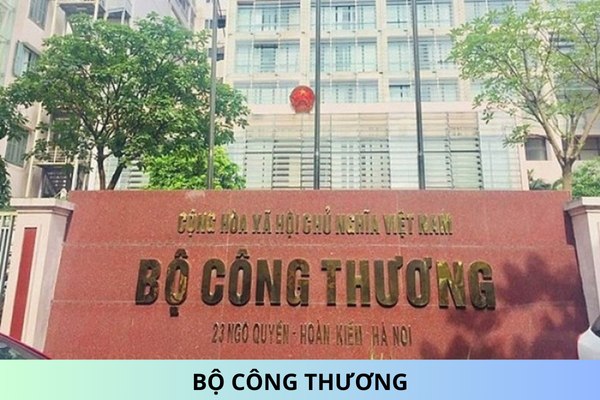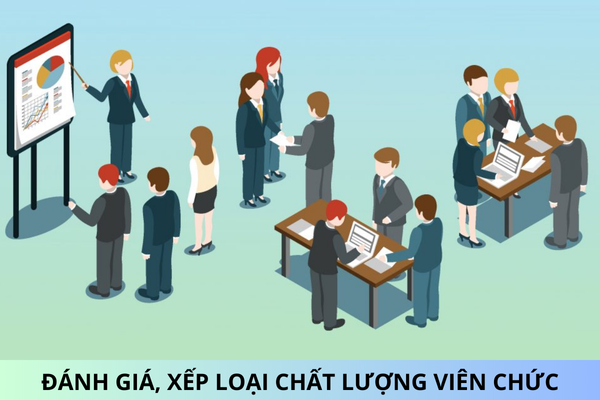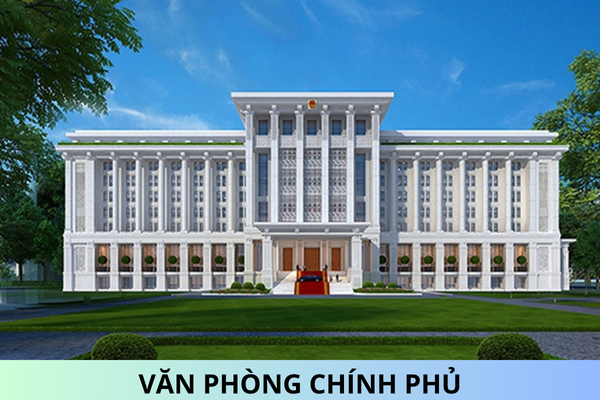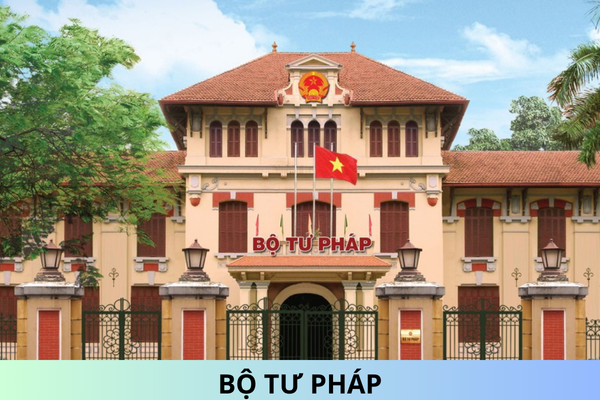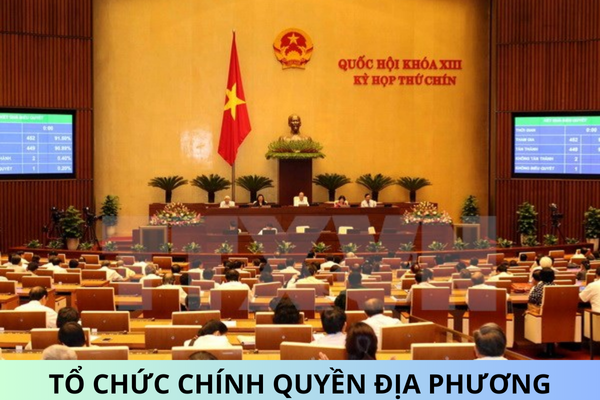Can civil servants wear jeans to work in Vietnam?
Can civil servants wear jeans to work in Vietnam? What is attitude of civil servants of the Ministry of Home Affairs when working with citizens in Vietnam?
I am studying the working style of the Ministry of Internal Affairs. I have a question, are civil servants working at the Ministry of Interior allowed to wear polite clothes, shirts, jeans? What is attitude of civil servants of the Ministry of Home Affairs when working with the people? Thank you!
Can civil servants wear jeans to work in Vietnam?
Pursuant to Article 3 of the Code of Conduct for cadres, civil servants, public employees and employees of the Ministry of Home Affairs Decision 758/QD-BNV in 2021 on dress, style, manners and workplace of cadres, civil servants, public employees and employees as follows:
When working at the office and during the performance of their duties and official duties, civil servants, public servants, public employees and employees must comply with the following regulations:
1. Wear polite business attire, neat hair, shoes or sandals with back straps. Clothing must be suitable to the nature of the work, the characteristics of the Industry and the fine customs and traditions of the nation (tight pants, tops, skirts that are above the knee, do not slit too high, can't wear jeans, t-shirts without lapels). Encourage female cadres, civil servants, public employees and workers to wear national costumes on holidays, Tet or special occasions of the Ministry. For industries and fields that have their own costumes, separate regulations shall apply.
2. Serious posture, manners and gestures; friendly attitude, gentleness, modesty, politeness, respect for communicators; Use standard, clear and coherent language.
3. Cadres, civil servants, public employees and employees must wear or wear name tags, badges and titles in accordance with regulations.
4. Do not work separately, cause disorder during working hours.
5. Do not smoke in the office, working room; do not use alcoholic beverages before and during working hours and lunch breaks on working days (unless assigned by the competent authority to receive guests according to the protocol of diplomatic reception).
6. Do not wear headphones, play music, listen to music, play video games and personal entertainment devices during working hours.
7. Keep the workplace and workplace clean; do not burn incense, do not store depraved images, cultural content, documents against the Party and State.
According to this Article in Vietnam, when working at the office and during the performance of their duties, civil servants of the Ministry of Home Affairs must wear polite office clothes, which must be suitable for the nature of the work, the characteristics of the Industry and the pure style, ethnic customs (pants, tight shirt, knee-length skirt, not too high slit, not allowed to wear jeans, T-shirt without collar). Thus, civil servants of the Ministry of Home Affairs are not allowed to wear jeans when going to work.
What is attitude of civil servants of the Ministry of Home Affairs when working with citizens in Vietnam?
Pursuant to Article 4 of the Code of Conduct for cadres, civil servants, public employees and employees of the Ministry of Home Affairs Decision 758/QD-BNV in 2021 stipulating conduct of cadres, civil servants, public employees and employees in the performance of official duties as follows:
1. Things cadres, civil servants, public employees and employees must do:
a) Loyalty to the State of the Socialist Republic of Vietnam; protect the honor of the Fatherland and national interests; respect and devotedly serve the people. When performing tasks and official duties, officials, civil servants and public employees must be well aware of their responsibilities and obligations, ready to accept and make every effort to fulfill all assigned tasks.
b) Strictly and fully comply with regulations on obligations of cadres, civil servants, public employees and employees in accordance with the law on cadres, civil servants and public employees and the labor law.
c) In the course of performing their official duties, if they have direct contact, either in administrative documents or through the means of communication (telephone, mail, via the internet, etc.), with organizations and citizens, it is necessary to ensure that the information exchanged is in accordance with the content of the work that the organization and citizens need to guide; must respect, listen to, and wholeheartedly guide the work process and explain thoroughly the questions of the organization and citizens. Do “4 please, 4 always”: hello, sorry, thank you, excuse me; Always smiling, always gentle, always listening, always helping.
d) Have the responsibility to publicly guide organizations and citizens on the implementation process approved by competent authorities to ensure that the requests of organizations and citizens are resolved in accordance with the provisions of the law, in the prescribed time.
In case the work is prolonged beyond the prescribed time, the cadres, civil servants, public employees and employees are responsible for reporting to the head of the agency, unit or organization in writing clearly stating the reason for the overdue time, the time limit for requesting extension to perform the task, and at the same time, publicly notify the requesting organization and citizen to know the reason.
dd) Particularly for civil servants and public employees in the field of inspection and other professional activities, in addition to complying with the provisions of this Code, they must strictly comply with the professional ethical standards prescribed by law.
e) Take responsibility before law for their acts.
2. Things that cadres, civil servants, public employees and employees are not allowed to do:
a) Fall into social evils in any form; abusing the positions and powers of individuals or organizations in the name of agencies or organizations to settle jobs for personal, family or relative gain (such as borrowing, borrowing, promising, running jobs, running projects, schemes...) to appropriate other people's money or property to affect the reputation of the Ministry, agencies, organizations, units and individuals.
b) Have a bureaucratic, authoritarian, bossy attitude or behavior, harass people, cause tension, press or intimidate people; suggest to give money, receive money, gifts or accept work done outside the agency, outside working hours for personal gain; indifference, insensitivity, irresponsibility to the difficulties and problems of organizations and citizens.
c) Refuse legal requests of persons who need to be resolved in accordance with their assigned responsibilities and tasks.
d) Lose, damage or falsify dossiers and documents related to requests of organizations and citizens when assigned the task of settlement; must adhere to the discipline of speech, not to use social networks to exploit and propagate unverified, one-sided information affecting public service activities.
dd) Reveal State secrets, work secrets and content secrets with the full name of the person who wrote the complaint or denunciation in accordance with law.
e) Other tasks as prescribed by the law on cadres and civil servants, the law on anti-corruption; practice thrift, combat waste and other relevant provisions of law.
Thus, civil servants of the Ministry of Home Affairs, when working with the people, must ensure that the information exchanged is in accordance with the contents of the work that the organization and the citizen need to guide and answer; must respect, listen, and devoted guide the work process and explain in detail questions in Vietnam.
Best regards!


